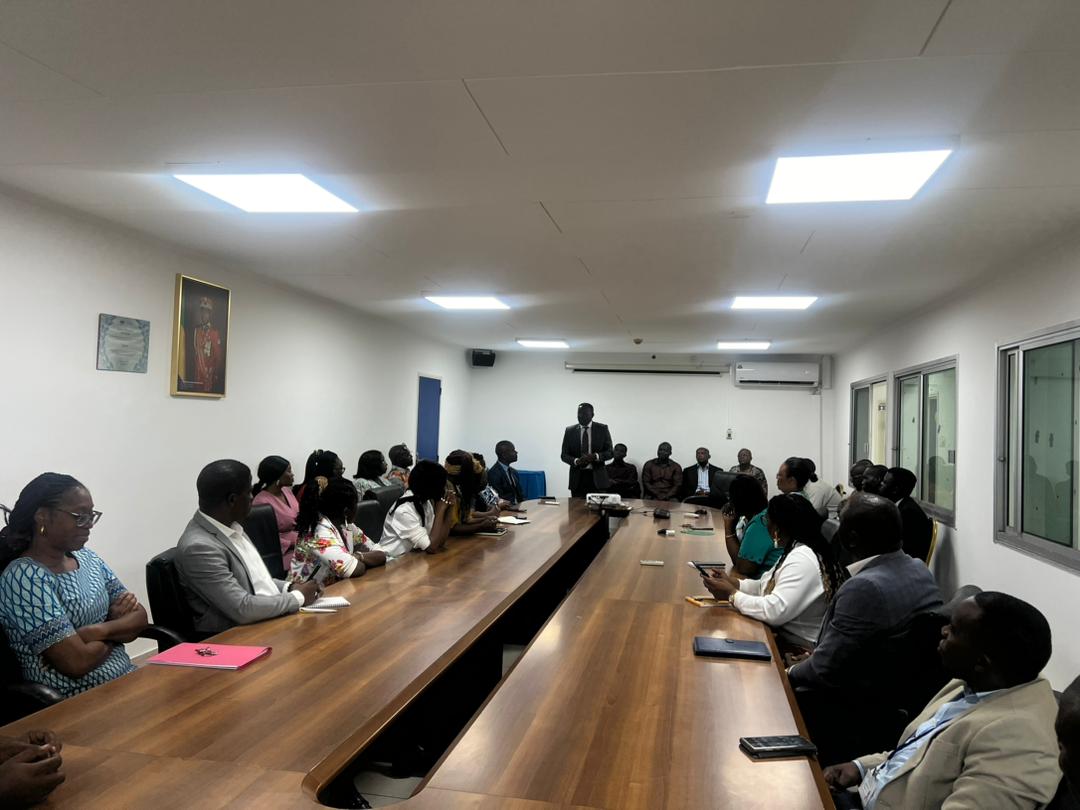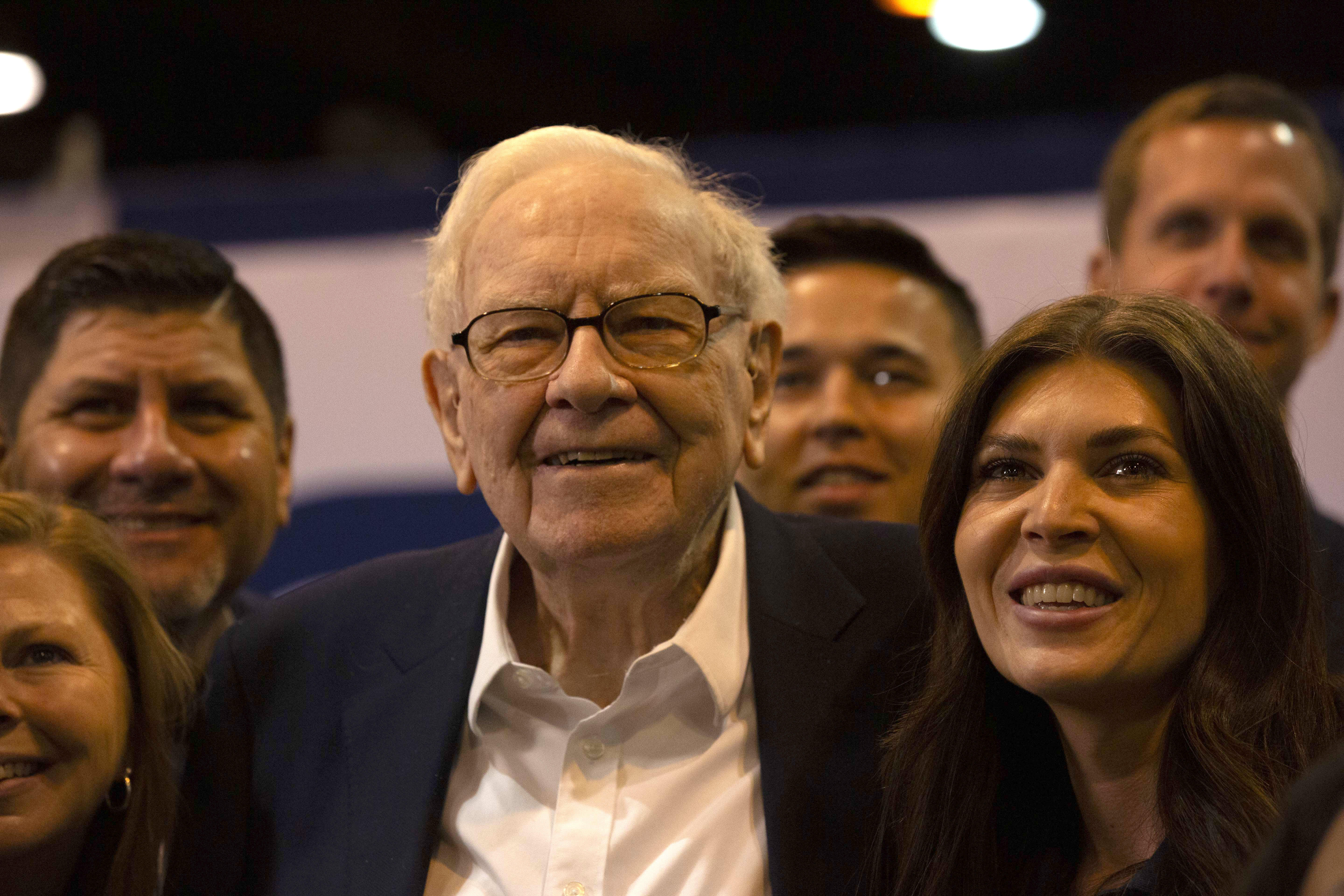The legal battle between the US Department of Justice and Google has entered its second day, as the US government seeks to prove that the tech giant illegally abused its power to maintain a monopoly on search engines on the Internet. The trial is a major test of antitrust law and could have far-reaching implications for the technology industry and how people interact with the Internet.
The question at the heart of the trial is whether Google’s place as the search engine for most Americans is the result of anti-competitive practices that gave Internet users no other choice but to use its services.
On the first day of the trial, lawyers for the Department of Justice and dozens of states that joined the lawsuit accused Google of preventing competition through billion-dollar agreements with companies such as Apple and Samsung.
Justice Department lawyer Kenneth Dentzer claimed that Google spends $10 billion a year in deals to ensure it is the default search engine on devices like the iPhone, effectively preventing meaningful competition and positioning Google as the gatekeeper of the Internet.
“They knew these agreements crossed antitrust lines,” Dentzer said Tuesday.
Google’s opening statement gave a window into how the company and its lead lawyer, John Schmidtlin, plan to defend against the accusations. He claimed that Google achieved its dominance in Internet search – according to government estimates, it has about 90% of the market share – simply because it has a better product than alternatives such as Microsoft’s Bing search engine. Consumers are free to switch default settings with “a few easy clicks” and use other search engines if they want, Schmidlin told the court on Tuesday.
The Justice Department called its first witness, Google’s chief economist, Hal Varian. Over the course of two hours, Dentzer presented Varian with memos and internal documents dating back to the 2000s that showed him discussing how search defaults could be of strategic importance. “We must be careful about what we say in both the public and private sectors,” one internal Varian communication on antitrust issues warned. Varian is scheduled to return to the witness stand on Wednesday.
The trial is scheduled to last 10 weeks and will include numerous witnesses, as well as internal Google documents that the Justice Department hopes will show that a search monopoly has long been a top priority at the company. The case will be decided by Judge Amit Mehta, and there is no jury in the trial.

“Typical beer advocate. Future teen idol. Unapologetic tv practitioner. Music trailblazer.”






More Stories
Warren Buffett at Berkshire Hathaway’s 2024 annual meeting
New audit firm hired by Trump Media busted by SEC for ‘massive fraud’
Paramount appears ready to back away from the Skydance deal